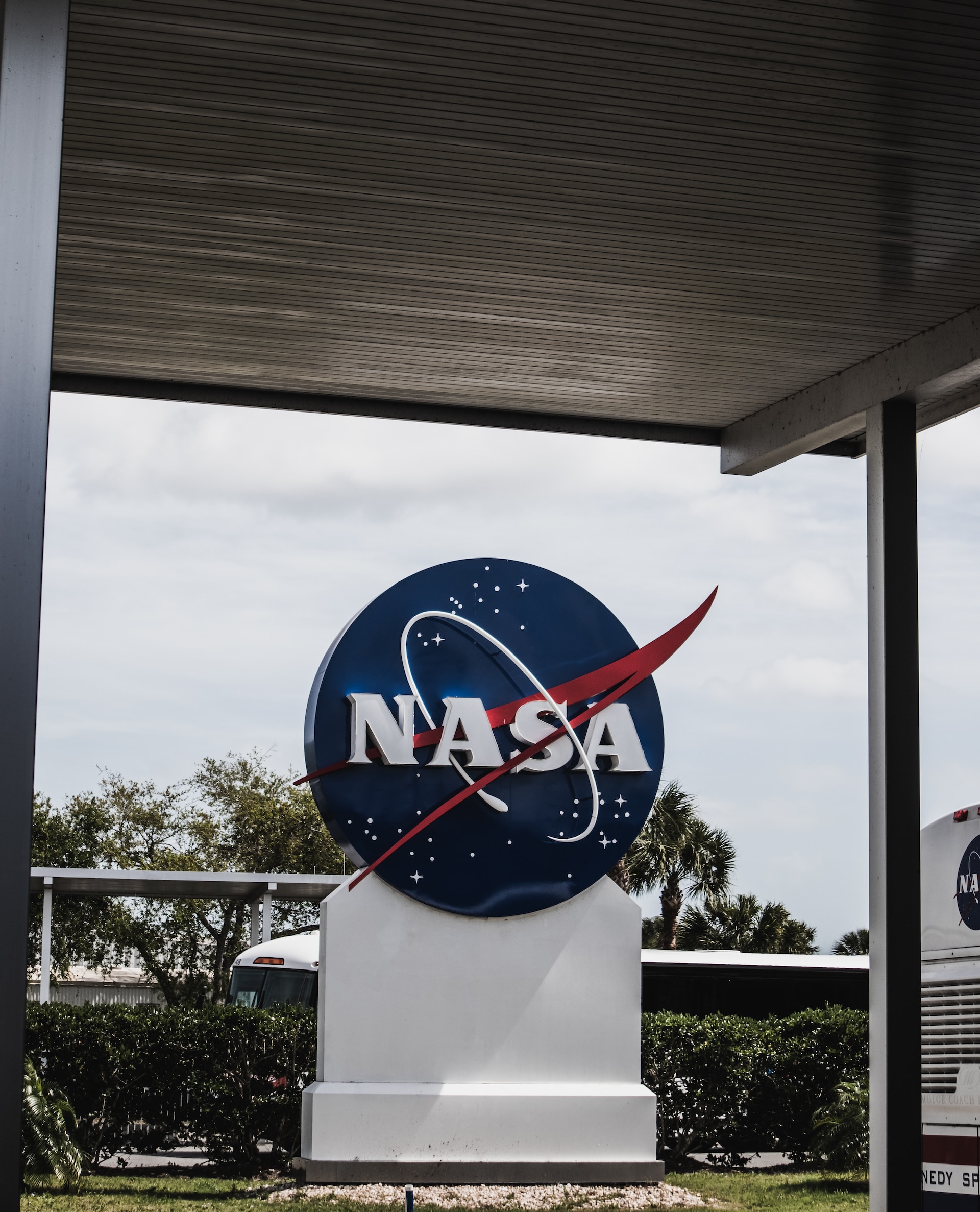By Wendy Whitman Cobb, Air University; The Conversation

NASA administrators are also accountable to elected officials. (File Photo: Laurenz Heymann/Unsplash)
Leaders of NASA sit in an awkward position. While they are the head of a widely recognized organization, they’re often not the most famous individual in the agency. More people probably know the names of Butch Wilmore and Suni Williams, the astronauts currently “stranded” on the International Space Station, than Bill Nelson, the current NASA administrator.
Astronauts might be the people most closely associated with NASA, but administrators are arguably more integral to getting programs off the ground.
As a space policy expert, I’ve seen the impact that individual NASA leaders can have on NASA’s success. They play a vital role in deciding what NASA does and how it does it, and they also help build political support for space exploration.
The role of the NASA administrator
NASA is an independent government bureaucracy, meaning that it does not fall under one of the cabinet departments – like the Department of State. As such, the leader of NASA is an administrator rather than a secretary.
Although the name differs, a NASA administrator has similar duties and responsibilities as a cabinet secretary. They help make decisions about which major programs and policies should be pursued and how they’re carried out. NASA administrators work with partners in industry, including the commercial space industry. They also represent NASA while presenting to Congress and during diplomatic relations with other countries.
NASA administrators are also accountable to elected officials. Administrators are appointed by the president but must be confirmed by the Senate. Congress has a great deal to say about the budget that NASA gets each year. They also must authorize major programs, like the Artemis program, which aims to return the U.S. and its partners to the Moon.
Although major decisions like these are often out of their hands, NASA administrators still have a lot of influence behind the scenes. James Webb, NASA’s second administrator, who held the office between 1961 and 1968, is often credited as being integral in maintaining political support for the Apollo program.
Dan Goldin, the longest-serving NASA administrator, helped save the International Space Station from cancellation in the early 1990s by convincing the Clinton administration to invite Russia’s participation.
As administrator in the early 2000s, Mike Griffin helped jump-start the commercial space industry by instituting the Commercial Orbital Transportation Services program. This program provided funding to companies who would first send cargo to the International Space Station, and then later, astronauts.
However, not all administrators are as productive as Webb, Goldin or Griffin. Richard Truly was fired from the post by George H.W. Bush in 1992 after disagreeing with the administration’s 1989 proposal to return the U.S. to the Moon.
Charles Bolden found controversy when he told Al-Jazeera that President Barack Obama instructed him to make outreach to Muslim countries one of NASA’s priorities.
Both Truly and Bolden were astronauts before becoming administrator. But that doesn’t mean that former astronauts are somehow worse in the position than people coming from other backgrounds. NASA administrators have historically had a wide variety of backgrounds, including scientists, engineers and even former members of Congress.
The current NASA administrator, Bill Nelson, is both a former senator and a former astronaut, having gone to space on the shuttle Columbia in January 1986.
Major questions ahead
No matter the administrator, the coming years will bring big decisions for whoever is next.
With the recent announcement that the around-the-moon mission of Artemis II is delayed until spring of 2026, NASA still has much work to do in its Artemis program. Major issues remain to be addressed with the crew vehicle, including problems with the capsule’s heat shield and electronic systems.
Further, the success of commercial space companies like SpaceX means there will be more pressure on NASA to find ways to reduce costs by leveraging the services of commercial companies.
More broadly, many other countries are looking to how the U.S. is operating in space. Aside from what some see as a new space race with China, questions about space debris, space traffic management and space resources will involve cooperation with other countries and will require administrator involvement.
Finally, the NASA administrator will have to contend with a recurring issue: fewer resources. Historically, NASA has been appropriated less money than necessary to carry out all the things it has been charged to do.
This situation leads to hard decisions about what kinds of missions to support. Space science and robotic exploration typically lose out to things like human spaceflight.
Even though the next administrator will need to make hard decisions, the next few years will be full of excitement as the U.S. and others pursue increasingly ambitious goals.![]()
Wendy Whitman Cobb, Professor of Strategy and Security Studies, Air University
This article is republished from The Conversation under a Creative Commons license. Read the original article.





















